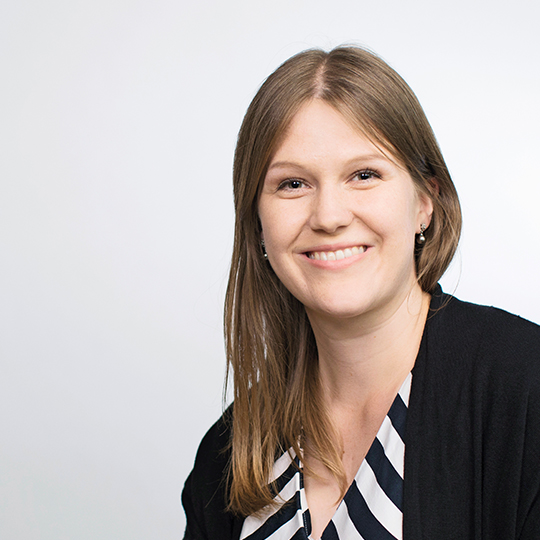Patrick Rericha, who was born in Lower Austria, completed the Medical and Pharmaceutical Biotechnology master programme at IMC Krems in January 2019. From day one he was impressed by the Institute of Biotechnology, the course content, and the head of institute, Harald Hundsberger. He felt valued and in good hands throughout his time at the university. Patrick is now a PhD candidate on the Stem Cell Biology and Medicine programme at the Wellcome - MRC Cambridge Stem Cell Institute in the UK, a world-leading centre for research in this field.
Internship sparks decision
The first internship during Patrick’s studies at IMC Krems, which focused on regenerative medicine and clinical neuroscience, was a placement at his current university, Cambridge, where he worked under Dr. Mark Kotter. The young biotechnologist made such a good impression that Kotter asked him if he wanted to do a PhD with him. Patrick decided against it at that stage, opting instead for the master programme at IMC Krems because he wanted to gain more industry experience.
On his master degree, he did another research internship at Boehringer-Ingelheim, where he was involved in a project focusing on the topics of promotors, experiment design and robots. During this internship he realised that a PhD was actually what he wanted to do next:
“When I made the decision to do a PhD, I wrote to my supervisor at Cambridge, Dr. Mark Kotter, and asked him if his offer was still open. He was very positive about the idea and recommended that I apply for the prestigious and highly selective Four-Year (1+3) PhD programme in Stem Cell Biology & Medicine, which I did," explains Patrick. After completing the lengthy application process including an in-depth interview, he was eventually offered a place on the highly regarded PhD programme.
Rotations in different labs
During the first year of the four-year Stem Cell Biology and Medicine PhD programme, students complete three ‘rotations’ in different laboratories with different supervisors, and are encouraged to select at least one rotation in a lab focusing on basic and translational stem cell biology. This familiarises students with the techniques and focuses of stem cell biology research at Cambridge, and the organisms it concentrates on. At the end of the year, students decide on the field they will specialise in for their PhD theses. “I don’t know what topic my PhD will be on yet, because I have to do the rotations first, but it’ll definitely be something in top-level stem cell research,” says Patrick.
“I don't have any plans yet for the time after I've finished my doctorate. Until just over a year ago I was still intending to stay in industry, and now I’m at Cambridge doing a PhD. A lot can happen in four years and I’m not ruling anything out,” he tells us with a grin.





